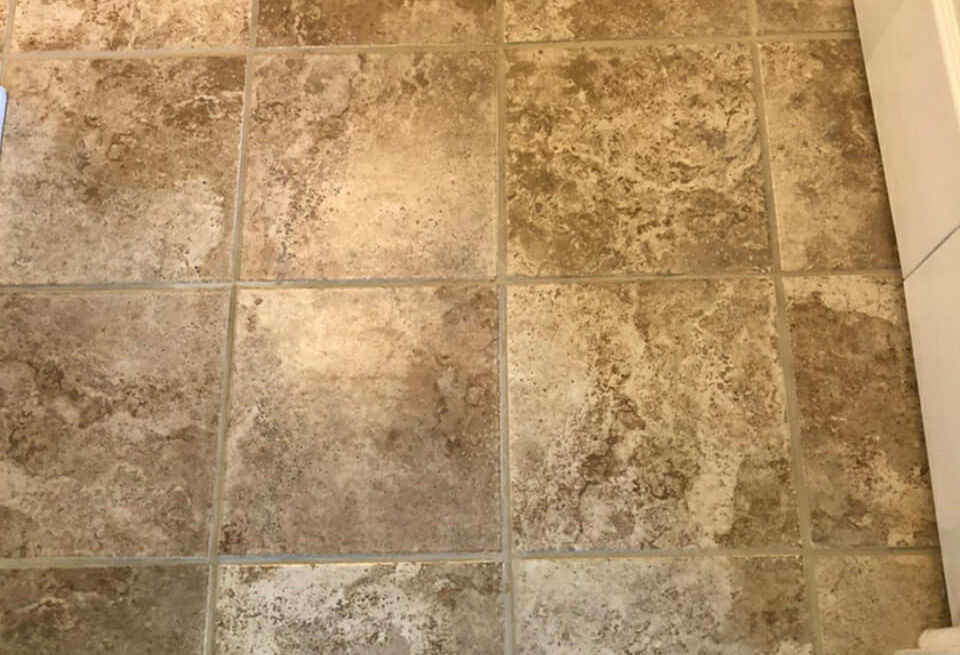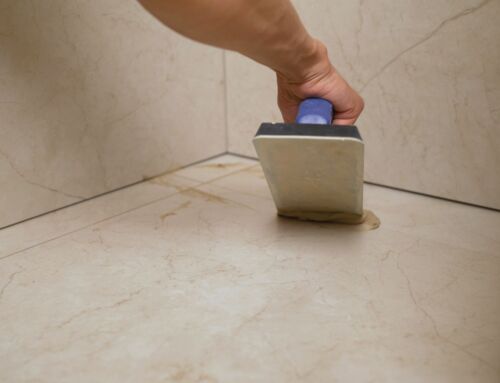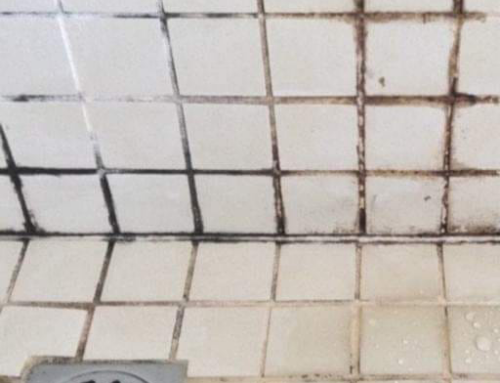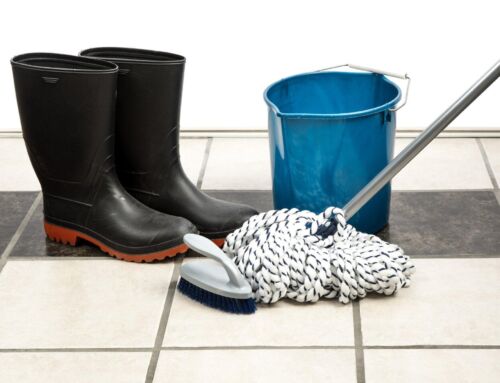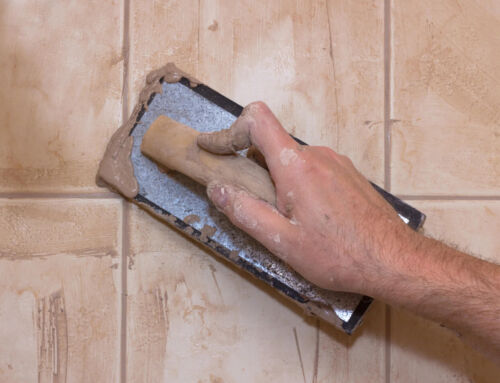If you’ve recently added new tiles to your home, whether on the walls, floors, or in the shower, you might wonder whether it’s important to seal the grout. Typically, when tiles are installed, the grout isn’t sealed right away. This is because the grout needs time to fully cure before it’s suitable for sealing. Once the grout has thoroughly dried, some homeowners opt to seal it. While grout sealing offers excellent protection, it’s not always obligatory. If you’re thinking about sealing new grout, we’ll outline the advantages below to assist you in determining whether this service is suitable for your needs.
Grout Sealing for New Tile
Grout, being composed of cement, possesses porous qualities that make it susceptible to absorbing liquids and spills. The act of sealing grout holds significant importance for specific tile applications due to the inherent properties of the material and the location of its installation. Grout has a tendency to attract unsightly and troublesome stains, particularly on recently laid tiles. Beyond aesthetics, neglecting to seal grout can pave the way for the growth of mold and mildew. Sealing grout serves the purpose of retarding wear and tear while bolstering its structural integrity. Over time, water and dirt infiltrate grout, gradually resulting in the deterioration, cracking, and eventual breakage of both tiles and grout lines. The process of sealing grout acts as a safeguard against future damage.
However, there exist exceptions to these general principles. Certain types of grout don’t require sealing. Epoxy grout, for instance, boasts a non-porous nature, rendering it immune to the issues that commonly plague other varieties of grout, and consequently, it doesn’t derive any benefits from sealing. Epoxy grout finds its common application on impermeable surfaces such as glass. This type of grout effectively wards off stains and water. Additionally, epoxy grout retains its flexibility over time, minimizing the likelihood of chipping or cracking. It’s important to note that when employing epoxy grout, any tiles left unsealed should be subjected to sealing. This category includes tiles made from natural stone, such as slate.
Mold and Grout
Numerous tile variants come with inherent sealing or feature a surface that inherently resists moisture penetration. A prime example of this is ceramic tile. Upon completion, a robust glaze is applied to the surface of a ceramic tile, bestowing both protection against staining and a sealed finish. Due to this built-in safeguard, the application of a separate grout sealer is often unnecessary. Conversely, certain tile types lack this protective glaze. For example, porcelain tile lacks a surface glaze. Natural stone selections such as marble, travertine, granite, and slate similarly lack a factory-applied protective layer. These materials possess a porous quality that renders them susceptible to moisture infiltration and staining. In light of this, the practice of sealing tile surfaces stands as an effective strategy to ward off moisture-related issues.
If you’re dealing with an existing tiled surface, you might have questions about whether to seal the grout. A simple test involves placing a few drops of water onto the grout and observing whether it gets absorbed. If the water is absorbed, it might be a signal that your grout requires resealing.
When the grout is indeed absorbing water, it’s advisable to reach out to a professional for assistance in safeguarding it. The consequences of water damage can be considerable for your home, and the porous nature of grout can exacerbate the extent of the damage. Professionals often encounter instances of grout that’s not only dirty and moldy but also porous, leading to severe water-related deterioration. Engaging in grout recoloring and sealing emerges as a cost-effective method to protect your home, as well as your flooring or any other tiled surfaces, without necessitating a complete replacement.
Many people often believe that damaged grout is irreparable, but the expertise of a professional grout specialist, like the Grout Smith, can prove otherwise. They can effectively handle repairs and resealing, a process that not only saves homeowners from the upheaval of a full remodel but also serves as an excellent means of preserving existing tile installations. It’s worth noting that you don’t need to wait until significant damage occurs; instead, you can proactively engage the services of the Grout Smith for tile and grout sealing. This preventive maintenance option not only enhances the aesthetics of your space but also contributes to the long-term durability of your tiled surfaces.

